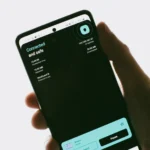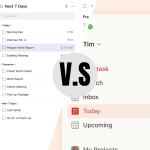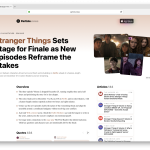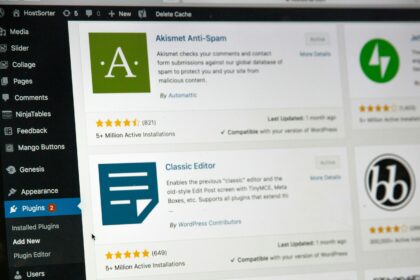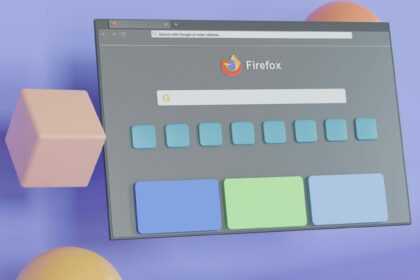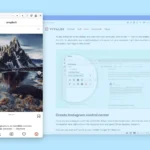In 2026, Virtual Private Networks (or, simply, VPNs) are almost essential whenever we use any of our devices, even when we’re connected to our private home network.
- What is a Virtual Private Server (VPN)?
- How do VPN apps work?
- What are the benefits of using a VPN?
- Premium VPNs vs. Free VPNs – Nothing’s really free
- Which are the best VPN apps, and how much do they cost?
- How to earn money or earn extra months by referring VPNs
- How to choose the best VPN
- Conclusion: Do you really need a VPN?
I don’t remember the last time I disabled the VPN on any of my devices. I’ve configured the VPN on all my devices (desktop PCs, Mac Mini, laptop, phone) to automatically disconnect and never connect to an internet network if it can’t connect to a VPN server first, or if it loses its connection to it.
It’s been a great experience since I found the right VPN app, with cheap plans yet ultra-fast servers and a stable connection, along with all the features I need. In the beginning, it was all about paying, trying, and usually asking for a refund (but more on that in a bit).
What is a Virtual Private Server (VPN)?
When you download a VPN app and sign in to your account, you can connect to a bunch of different virtual private servers that are usually located in various locations. Some may be located in the United States, others in European countries like Greece, Italy, Germany, and many more.
Once the connection is made, it means that you’re connected to a private server that’s well hidden and protected, your IP address changes, and if you choose to enable it, you can even hide your device from your local network.
From that point on, your internet traffic is encrypted and routed through the VPN server you selected. This means that anyone trying to snoop on your activity, whether it’s your internet service provider, a hacker on public Wi-Fi, or even a government agency, will only see scrambled data and the IP address of the VPN server, not your actual location or identity.
How do VPN apps work?
VPN apps are very simple to use. Once you download and install the app on your device, sign in to your account, and choose a server to connect to.
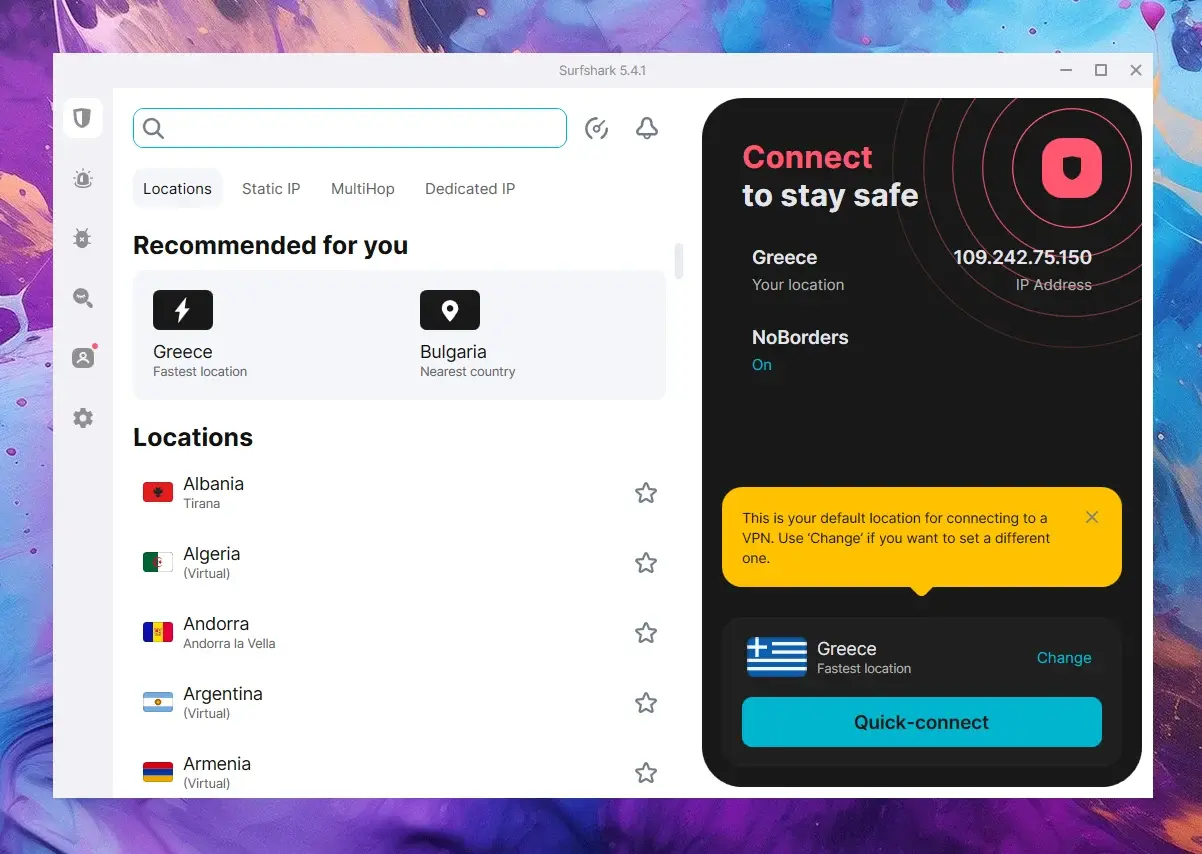
Most VPN apps have a similar interface, meaning that there should be a list filled with available servers in different locations that you can connect to by simply clicking on them or the “Connect” or “Quick Connect” button.
Then, open the app’s settings page and enable or disable the features you want, many of which will increase your privacy even more. That’s the simple way a standard user will use a VPN. Behind the scenes, on the other hand, those apps do way more stuff than you may think.
VPNs use tunneling protocols like OpenVPN, WireGuard, or IKEv2 to create a secure “tunnel” between your device and the VPN server. Inside this tunnel, your data is encrypted. Even if someone intercepts it, they can’t open it without the key.
So while the term “Virtual Private Server” might sound like a physical machine, it’s really a secure, virtualized environment designed to keep your online activity private, safe, and unrestricted.
Once you install and set up a VPN app, if you choose to automatically launch the app and run it in the background at all times, you can just choose the closest location and forget about it.
What are the benefits of using a VPN?
Apart from making your devices a whole lot more secure and fully private by masking your real IP address and making it harder for websites and advertisers to track your online behavior, it’s especially helpful when you connect to unsafe public networks such as Wi-Fis in places like airports, cafes, or public places.
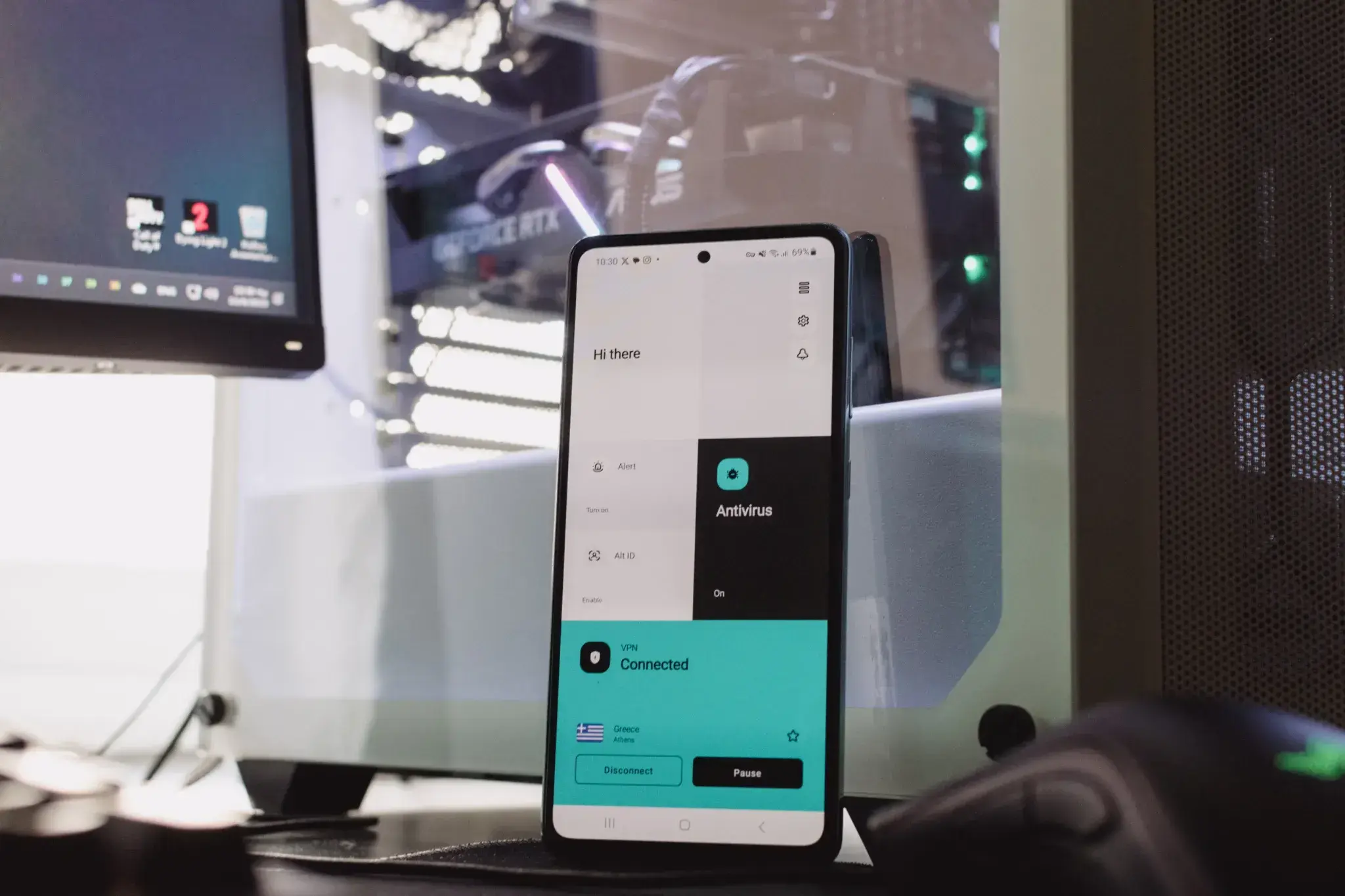
Data theft is a real and very common risk that many don’t take very seriously. Unfortunately, usually it’s too late to do anything other than maximize your security after a data theft (or worse). Public networks tend to be the best place for any hacker who wants to access your device and find all the information they need about you.
With a VPN, it’s so hard and difficult to detect and access any information about the device; they won’t even be bothered. And if they do, they’ll most probably fail.
Then again, most people don’t really use VPNs for the safety they get, but rather for accessing websites and streaming content that’s geo-restricted. For example, if you live in Europe and want to access a website that’s only available in the USA, you can simply connect to a server located there, and voila, you’re in.
Some people use VPNs to access more content on streaming platforms like Netflix, Spotify, or even HBO Max. My little brother, who’s a travel vlogger, has been using Surfshark VPN wherever he goes, and not just to stay secure, but to find the lowest prices for airplane tickets, too.
If you’re running a business, using a VPN makes a lot of sense. If you want all your employees to securely access internal systems from anywhere, it’s important to make sure that they’re doing it with a VPN that secures the connection.
Last but not least, with a VPN, there aren’t any restrictions anymore. If your country has blocked a bunch of domain names that you can’t access anymore, with a VPN, it takes a click.
Premium VPNs vs. Free VPNs – Nothing’s really free
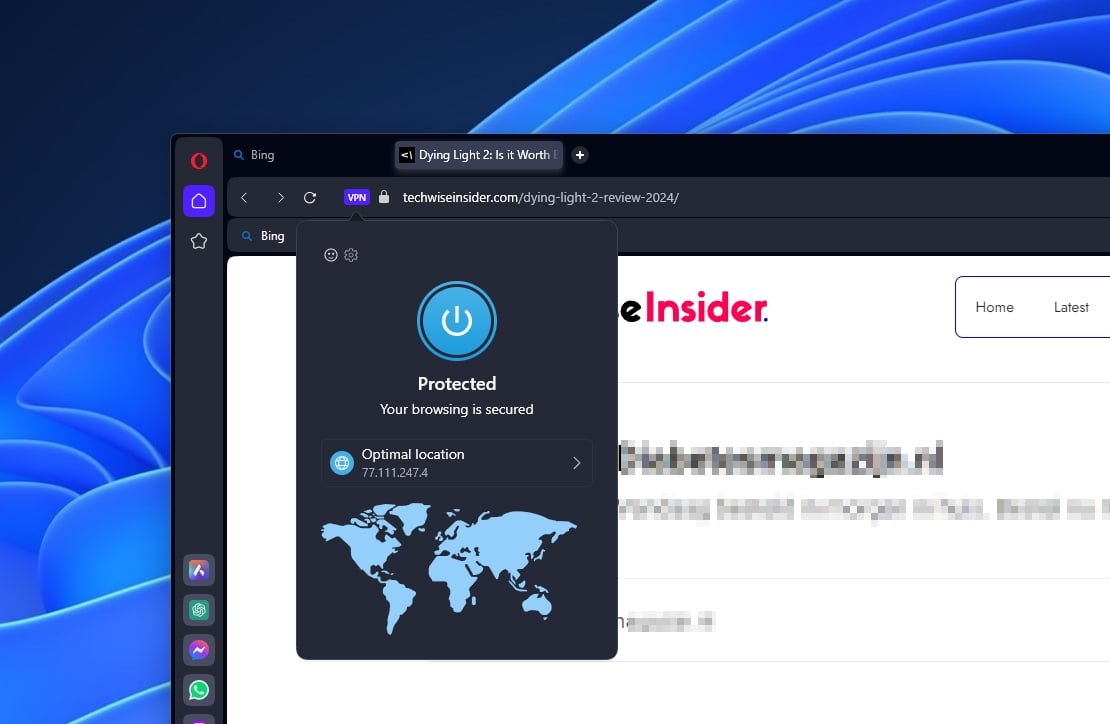
There are plenty of options when it comes to choosing a VPN app. The first mistake that many make? Looking for free solutions, which are the worst when it comes to security and privacy.
To be able to connect and use a VPN, you need a server, and servers can get pretty expensive based on usage. Who’ll constantly pay for a server that thousands or millions use without getting anything out of it?
So they usually offer “VPN,” which is basically just a simple proxy and not a true VPN, which is free but may come with ads (which track you) or sell your personal information and browsing habits.
Always choose a well-known and trusted VPN company that respects your privacy.
But, if you don’t really want to pay for a VPN subscription as you’re not interested in using it that much, you can always use the Vivaldi Browser with Proton VPN enabled. As both companies are focusing on the user’s safety and anonymity, they are the perfect option for a quick way to connect to another server.
Unfortunately, the biggest difference between an integrated browser VPN and a true VPN app is that the latter will secure your whole device or even your router, while the former only secures your browser. Choose wisely.
Which are the best VPN apps, and how much do they cost?

Each VPN company offers its own monthly and yearly subscription plans, and while many share very similar features and options, a few try to offer their own unique tools and services. Some may offer an anti-malware or antivirus tool, others may offer alerts for breached accounts, and the number of available servers and locations is also different.
Although a VPN company may provide more virtual private servers, it doesn’t always mean it’s the best. While a higher number of servers means that the company thrives and makes room for even more users, it also means that as it grows, so does the usage on its servers. Sometimes, smaller companies may offer faster solutions thanks to having less-busy servers.
Usually, most VPN companies will offer some kind of an extreme offer if you decide to pay for one or multiple years, giving you the option to start as cheaply as possible. The offers may change from day to day, so make sure to visit their official websites to get the latest ones. Some may offer a coupon code if you subscribe to their newsletters.
Important: The following prices may change, and they’re based on each company’s cheapest plan for 1 year of payment (but for new clients, most of them offer special deals that give you extra months at a lower cost).
Surfshark VPN
Surfshark VPN offers over 3,200 virtual private servers in 100 countries, anti-virus software, alerts if it detects accounts and sites that have been breached, and even a personal information removal tool that removes your information from data brokers and big data companies.
Proton VPN
Surfshark VPN offers over 3,200 virtual private servers in 100 countries, anti-virus software, alerts if it detects accounts and sites that have been breached, and even a personal information removal tool that removes your information from data brokers and big data companies.
NordVPN
NordVPN offers over 8,200 virtual private servers in over 165 locations. It comes with an integrated anti-malware tool, an adblocker, and alerts about leaked passwords and personal data the moment it happens.
PureVPN
PureVPN offers over 6,000 servers in 80+ locations across 65+ countries, split-tunneling, a kill switch, and a no-log policy. It has a simple to use and modern interface, and it’s available for every device and operating system.
After using many VPN services, I got stuck with Surfshark VPN, as I find it to be the fastest and most stable solution for gaming and even 4K streaming. Most other VPNs failed to deliver, and either I was watching my Ping exceed 150, which was crazy, or I was getting disconnected from whatever I was doing.
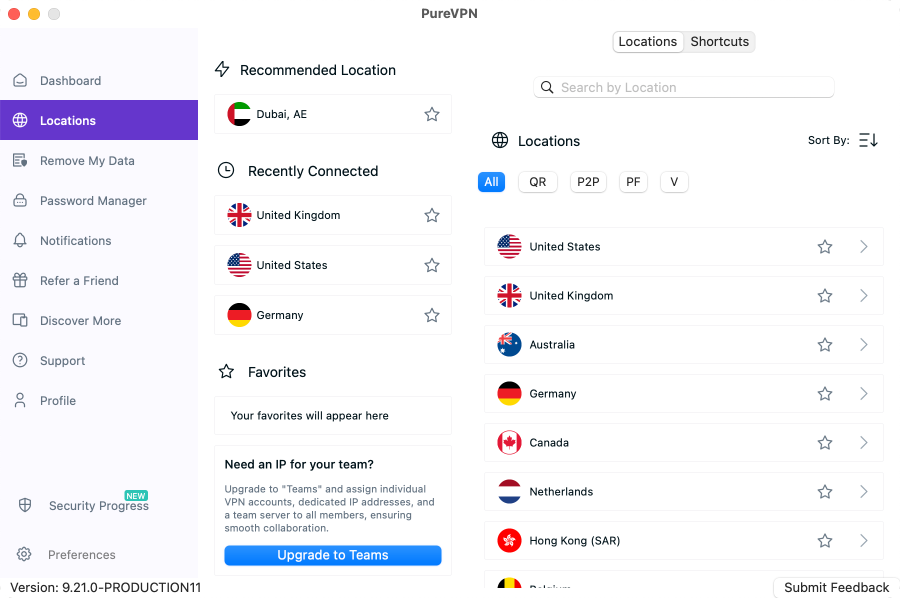
PureVPN was a great surprise when I saw how fast their servers were. It has a modern and easy-to-use interface, it’s stable, switches between servers within seconds, and works beautifully on all the devices on which I tested it. I’ll surely look at this company more closely as my Surfshark yearly license comes to an end.
How to earn money or earn extra months by referring VPNs
Most VPN apps usually offer some kind of “Refer a friend” system, which basically gives you a unique URL that you can use to share the VPN app and spread the word. Whenever someone uses that link and signs up and gets a subscription plan, you either get some extra free months in your subscription or real money.
There are mostly two types of systems that you can use to earn: Either the integrated “Refer a friend”, which usually increases your subscription time, or by joining their affiliate program, which rewards you with real money that you can withdraw once you meet the required amount.
For example, both Surfshark VPN and NordVPN offer their own affiliate programs, which you can find and register for. If you have a blog or a newsletter, you can share the link there. If you’re a content creator or influencer, you can share it on social media, on YouTube video descriptions, and on many websites and forums.
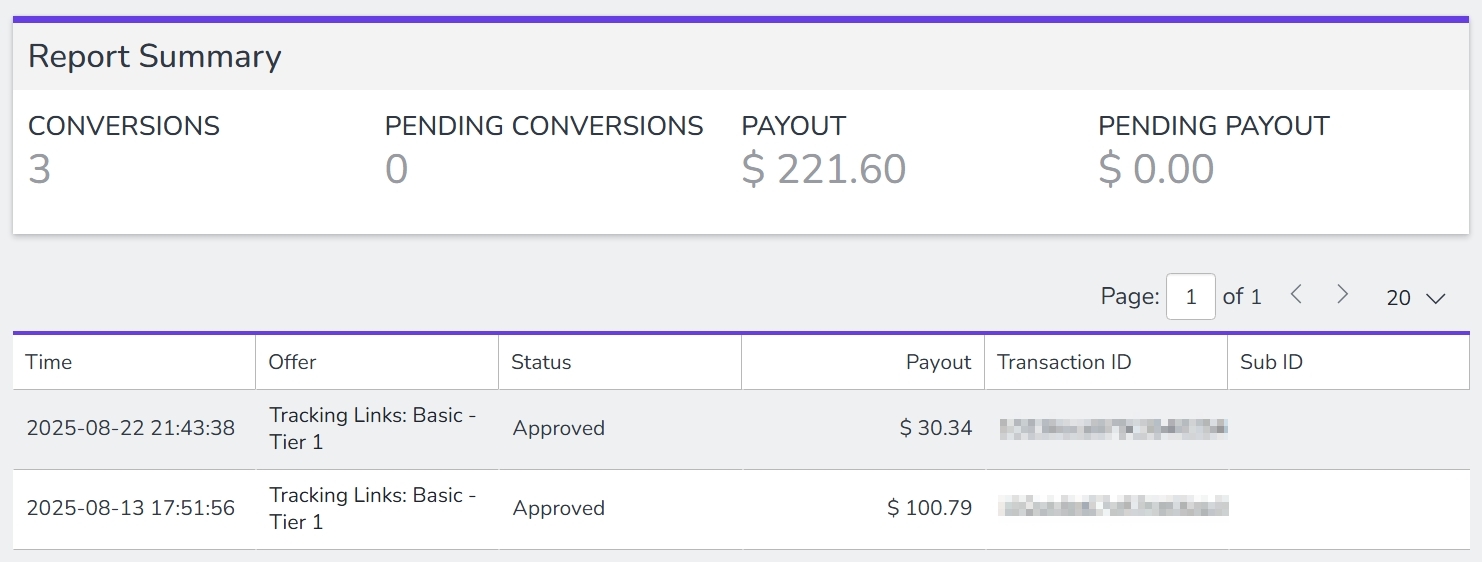
The image above shows an example of how an affiliate program’s interface looks, and your basic statistics, such as your conversions, payouts, IDs, and more. You can earn over $100 per sale if someone chooses to get an expensive subscription plan for multiple years.
There are also many affiliate platforms that give you access to hundreds of affiliate programs provided by various companies. That way, you can access all your affiliate links and stats from multiple affiliate programs from within the same interface.
How to choose the best VPN
Choosing a VPN shouldn’t be hard. Just compare the features and pricing of each company, look at what other people say on websites like TrustPilot, and avoid spending more than you have to for features that you may not need.
The integrated AntiVirus that comes in all the versions of Windows is absolutely a beast at quickly catching and stopping most viruses and malware. If you need an extra security layer, I’d suggest going with Malwarebytes, which is an excellent choice. If you’re not going to be using it every day, then you may consider getting a simple VPN plan, which are usually the cheapest.
Some VPNs offer unlimited devices, which means that you can install and use the VPN on as many devices as you want, while most others come with their own limitations (usually 6 devices per account). If you’re going to be using it on a lot of devices, you should absolutely look at it before purchasing.
Comparing Surfshark VPN, NordVPN, and PureVPN
| Good, but occasional issues are reported | Surfshark VPN | NordVPN | PureVPN |
|---|---|---|---|
| Monthly Price: | $15.45 (Starter) | $12.99 (Basic) | $2.91 (Standard) |
| Best Long-Term Deal: | $1.99/month (24-month Starter) | $3.09/month (2-year Basic) | $2.03/month (2-year Standard) |
| Device Limit: | Unlimited | 10 devices | 10 devices |
| Server Count: | 3,200+ in 100+ countries | 8,000+ in 127 countries | 2,000+ in 140+ countries |
| Streaming Support: | Excellent (Netflix, Disney+, etc.) | Excellent (Netflix, BBC iPlayer, etc.) | Good, but occasional issues reported |
| Speed Performance: | High-speed (10 Gbps servers) | Very fast with multi-hop routing | Fast, but inconsistent on long-distance |
| Security Features: | AES-256, MultiHop, CleanWeb, 2FA | AES-256, Threat Protection, Kill Switch | AES-256, Split Tunneling, Kill Switch |
| No-Logs Policy: | Audited by Cure53 & Deloitte | Independently audited, strict no-logs | No-logs policy, but mixed feedback |
| Extra Tools: | Surfshark One+: Antivirus, breach alerts | NordPass, NordLocker, Threat Protection Pro | Password manager, privacy manager (Max plan) |
| Customer Support: | 24/7 live chat (human) | 24/7 live chat, extensive help center | Responsive, but not always consistent |
| Best For: | Families, streamers, privacy seekers | Good, but occasional issues are reported | Budget users, basic privacy needs |
Basically, each VPN company is here to solve specific needs. For some, going with a budget-friendly solution is most ideal, while for others who need that something extra, they will have to pay a few bucks more.
Understanding the most common features
To differentiate, most VPN companies will promote specific features, such as the number of available virtual private servers they have and how many different locations and countries they support. Others may focus more on their strict no-logs policy or a specific encryption that they use.
In the beginning, all those features may overwhelm you a bit. So let’s see some of the most common ones that we usually find on most VPN apps.
- Encryption (AES-256): Scrambles your data so no one can read it, essential for protecting sensitive info.
- Kill Switch: Cuts your internet if the VPN drops, preventing accidental data leaks.
- No-Logs Policy: Ensures the VPN provider doesn’t store your browsing history or personal data.
- Split Tunneling: Lets you choose which apps use the VPN and which connect directly to the internet.
- DNS Leak Protection: Prevents your DNS requests from exposing your real IP or location.
- Multi-Hop (Double VPN): Routes traffic through two servers for extra privacy and encryption.
- Obfuscated Servers: Masks VPN traffic to look like regular web traffic—useful for bypassing censorship.
- Geo-Unblocking: Allows access to region-restricted content like Netflix or BBC iPlayer.
- Multiple Protocols: Offers different connection types (e.g., OpenVPN, WireGuard) for speed or security.
- Device Compatibility: Supports various platforms, such as Windows, macOS, Android, iOS, routers, and more.
Knowing what each feature or tool does is important when choosing a VPN, and it helps you avoid making the wrong choice.
Conclusion: Do you really need a VPN?
The simplest and shortest answer is yes. A VPN is not a simple antivirus or anti-malware software that will keep you protected, but a robust way with a 1-click process that hides everything about you. You can anonymously surf the internet, hide your tracks, and avoid getting tracked by anyone.
Is it worth paying every year for a VPN? That’s a question you’d have to answer for yourself: Is your safety, security, and privacy important enough for you? If the answer is yes, there you go. If not, maybe look for cheap alternatives?
Have you ever used a VPN? And if so, how was your experience, and was your connection fast and stable at all times? Which VPN are you currently using? Let me know in the comments down below.


